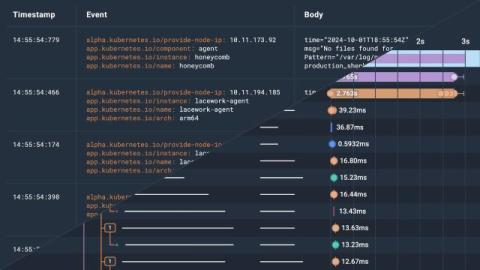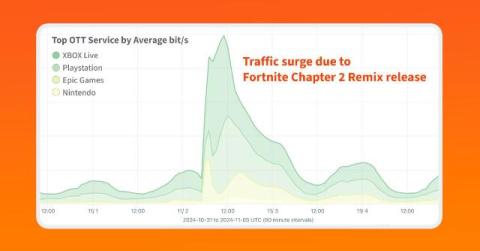Cribl Pack Dispensary Update: Simplify Sharing with Permalinks
Exciting News! The Pack Dispensary just got an upgrade with the release of permalinks for Packs. This may sound simple, but it significantly alleviates a major pain point Cribl Dispensary users faced when sharing Pack references with colleagues.










